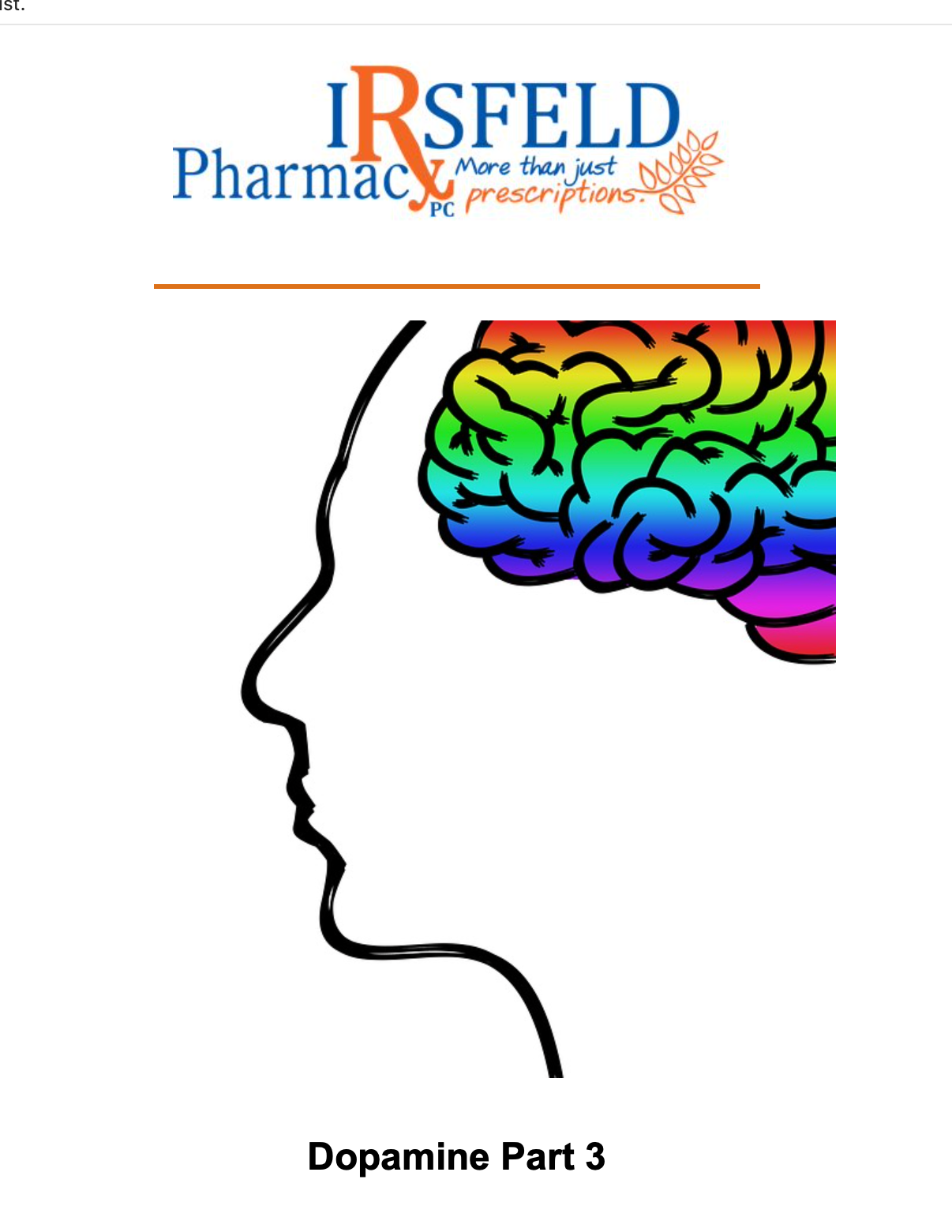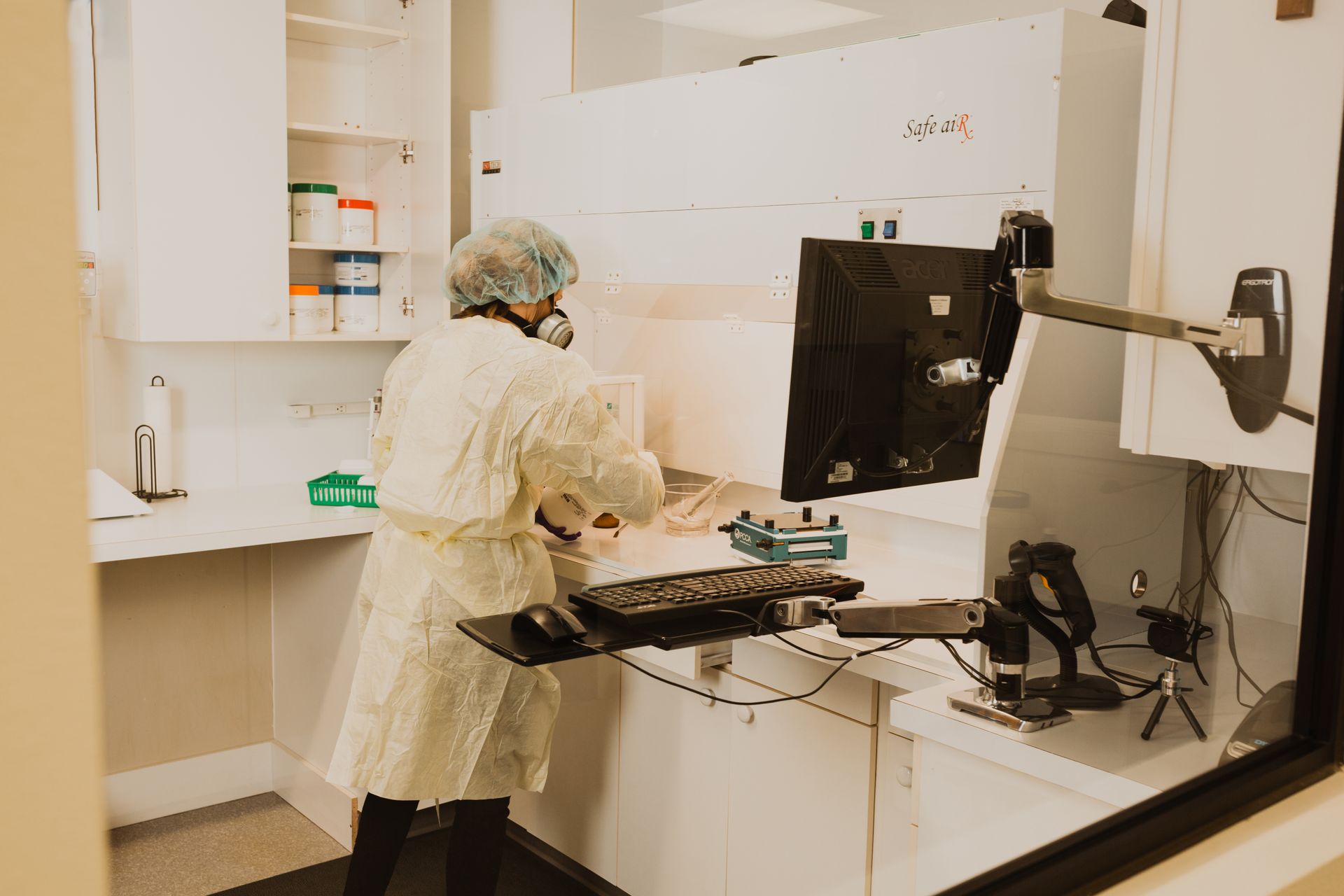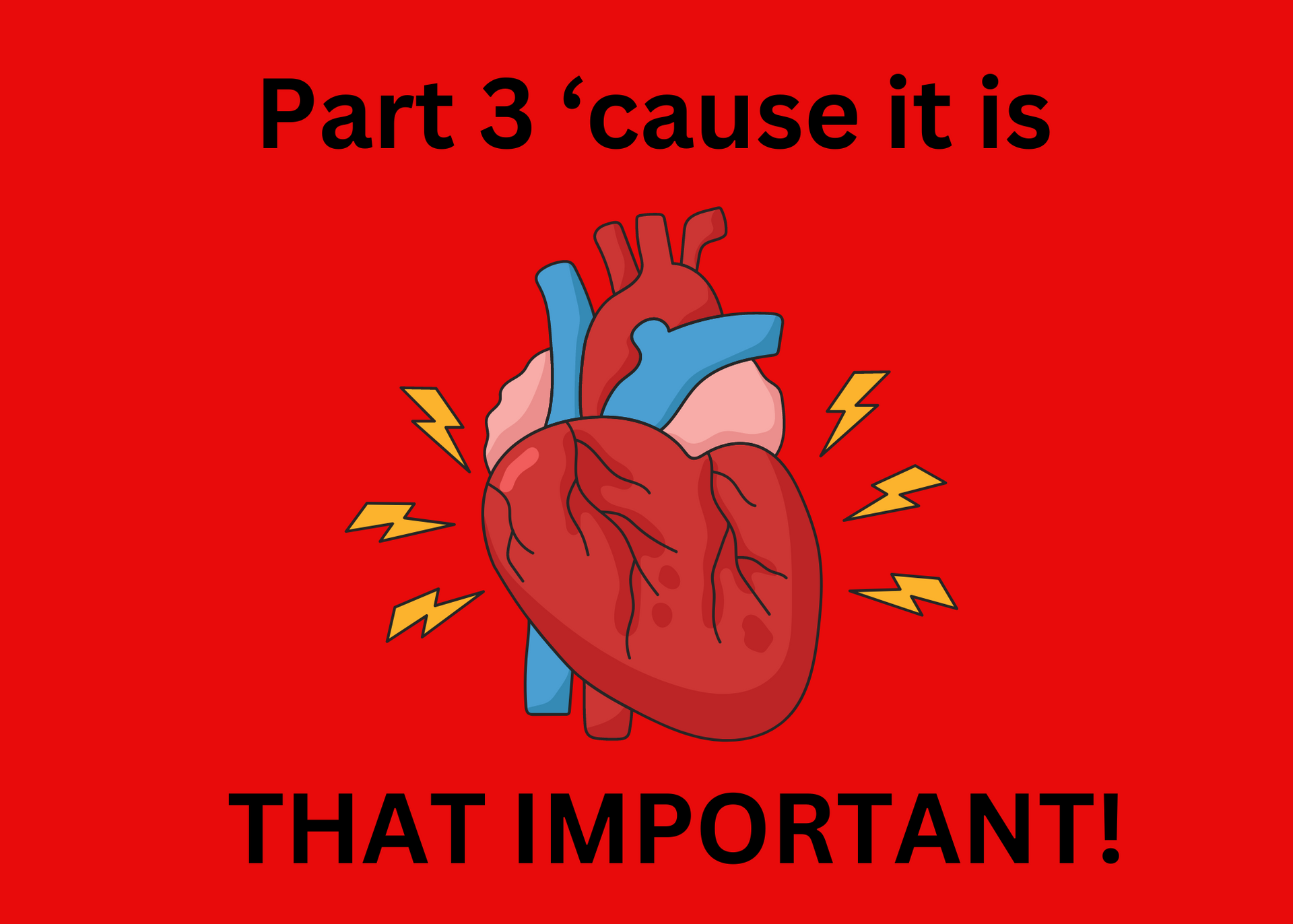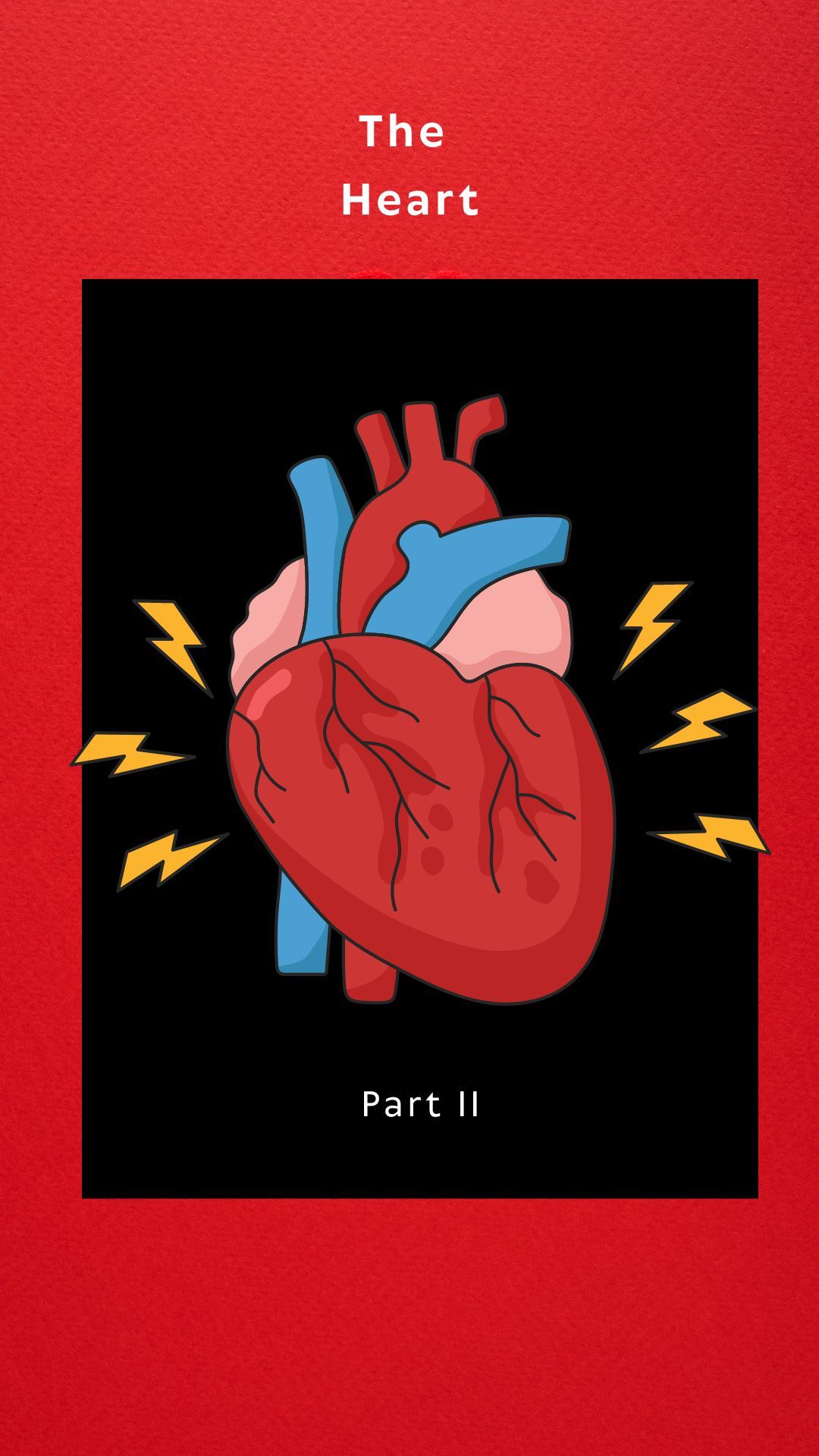Looking at the topic of this article, I bet you didn’t think those two things had any relation to each other. This article will give you an overview of constipation and how it is related to your risk of getting breast cancer.
Before I dive into the relationship of the two, I want to bring you up to speed with what is going on in your bodies each and every day. There are 3 things that you need to know about your gastrointestinal (GI) tract. First is that it is a tube that runs through your body. It’s encased in your body but it really isn’t in your body. It is our sewer and it removes unwanted waste. Having it function optimally is a must for optimal health.
Secondly is the definition of constipation is the following: it is an acute or chronic condition in which bowel movements (BM) occur less often than usual or consist of hard dry stools that art painful to pass. Bowel habit vary, but an adult who has not had a BM in 3 days or a child who has not had a BM in 4 days is considered constipated.
And lastly is GI transit time or the time it takes from when you put food in your mouth, until it passes in the form of a stool. The normal transit time for an individual would be anywhere from 18 to 30 hours. This is a far cry from the 3 to 4 days listed above in the definition of constipation
How many of you know your GI transit time? There are several easy ways to determine this including; eating corn or beets or taking some charcoal capsules. You need to document when you put these in your mouth then you monitor your stools and find out when they pass. The time from start to finish is your GI transit time. This can vary depending on your diet, activity level, stress and travel seems to have a big effect on this.
Excess estrogen is a risk factor for patients with estrogen receptor positive breast cancer. It is a hormone found in all of us, but is the primary sex hormone in women. It is metabolized or broken down in the liver and is excreted in the urine and bile. Bile contains about 50% of the broken-down estrogen but when it is excreted into the GI much of it is reabsorbed leaving only about 7% of it actually leaving the body.
In the event our GI transit time is slow and we are constipated, more estrogen will be reabsorbed back into our systems and our bodies will have to deal with it again and again and again. On top of this problem, in our environment are xenoestrogens which mimic the structure of estrogens and are found in many items, from plastics to pesticides, from cleaners to selfcare products. These xenoestrogens are imposters that can tip the balance into estrogen dominance which increases the risk of breast cancer.
A study from 1989 suggested a slight increased risk of breast cancer in patients with a decreased frequency of BM’s and firm stool consistency. These observations were consistent with the hypothesized association between constipation and increased risk of breast cancer
Another Prospective Study of Bowel Motility and Related Factors on Breast Cancer Risk was done in 2008 gave the following summary: In conclusion, our limited results, provide some support to the hypothesis that increased bowel motility lowers breast cancer risk.
It is surprising to me that with all of the information that is gathered at each office visit with our providers that this information isn’t analyzed to assess the risk of constipation in relation to breast cancer. If you knew that having a daily BM could decrease the risk of breast cancer, is it something you would work on?
For many, chronic constipation is something they deal with on a daily basis. Fixing this problem begins with the Magnificent 7 – eat right, drink right, move right, think right, talk right, sleep right and lastly, poop right.
Do you eat a healthy diet with fruits, veggies and whole grains? Do you drink ½ your body weight in oz per day? Do you exercise 30 minutes each day or 60 minutes 3 days per week? Do you try to eliminate stress and have a positive attitude? Do you try to get 6-8 hours of sleep each night? And lastly, do you have a BM every day?
Many of these things I can’t help you with but getting you to have a daily BM is one thing that I can affect. Having enough fiber in your diet is critical but when that isn’t always possible and some would like to supplement what they get in their diet, there are many options to choose from. It can take some time to find the one that is right for you as some can cause bloating and gas in one person and be perfectly fine in the next, so if you’ve tried to add fiber with a supplement and have had these issues, don’t give up until you find the right one.
One product that we have found to be very effective in adding fiber and getting patients to have a daily BM is Dynamic Intestinal Cleanse . It is a powder form and is dosed as one scoop daily, once things get moving you can decrease the dose an it can be used daily or as needed.
October is Breast Cancer Awareness month and with the article that I write every two weeks, the next 3 Tuesdays all land in the month of October. My goal in these 3 articles is to provide you with ways to decrease the risk of breast cancer. Please share this information with family and friends in hopes that we can reduce breast cancer risk.
If you need help or would like more information on finding solutions to help with constipation, stop in or call the pharmacy. Until next time, be vigilant about your health!!
VISIT US
HOURS
HOURS
CONTACT US
Fax #: (701) 483-4926












Share On: